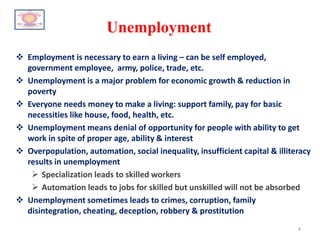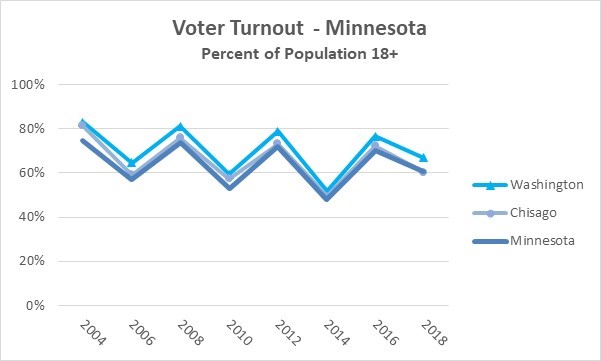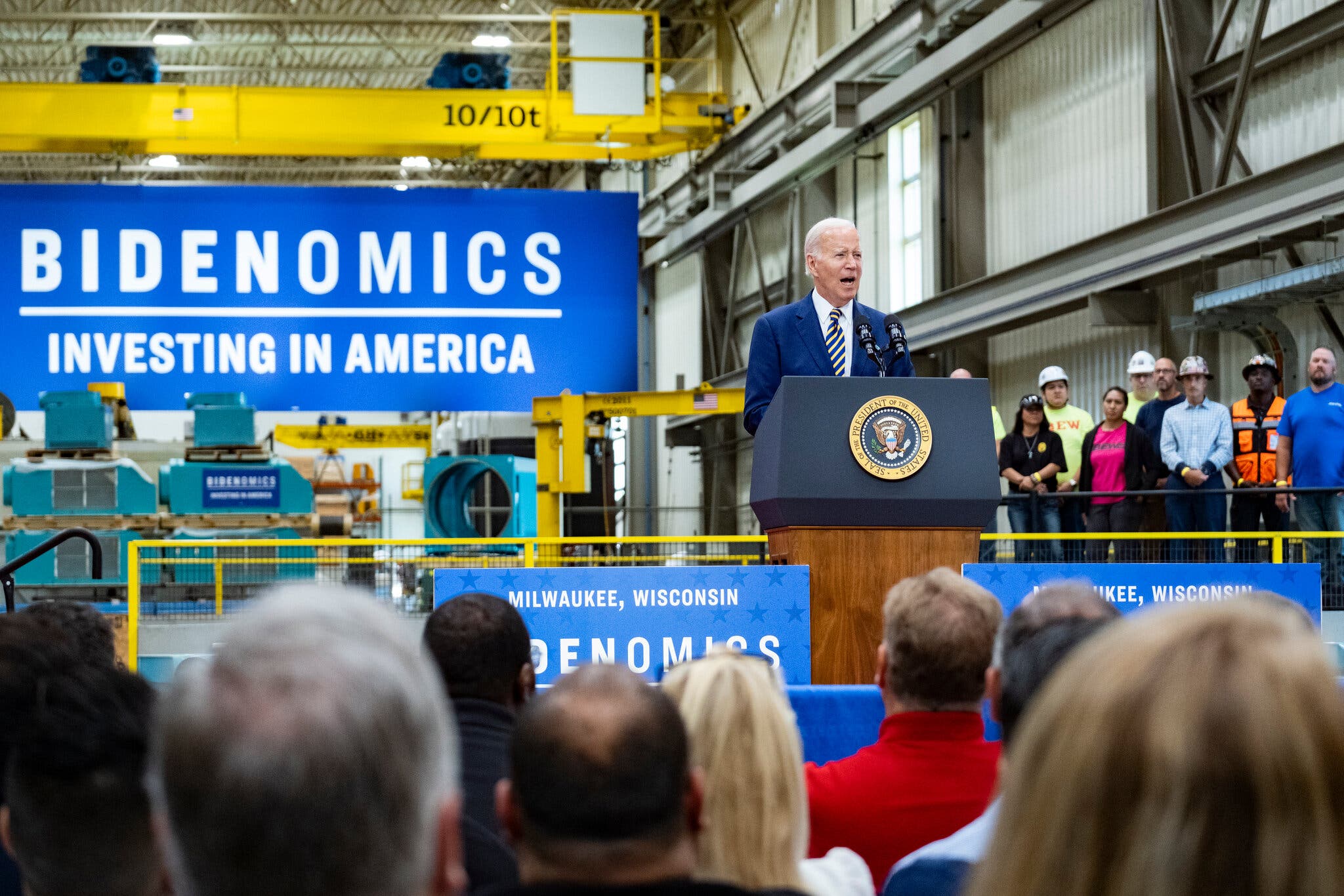Beijing's Trade War Strategy: Deception And Economic Reality

Table of Contents
The Illusion of Economic Strength
China's economic rise has been remarkable, but understanding Beijing's trade war strategy requires acknowledging both its strengths and significant weaknesses. The narrative of unstoppable economic growth often obscures a more complex reality.
State-Sponsored Industrial Policy and its Limitations
China's focus on strategic industries, such as technology and manufacturing, has yielded impressive results. However, this state-sponsored approach also presents limitations.
- Overcapacity in certain sectors: Years of government-directed investment have led to overcapacity in some industries, resulting in inefficient resource allocation and lower profitability.
- Reliance on State-Owned Enterprises (SOEs): While SOEs play a crucial role in the Chinese economy, their efficiency and innovation often lag behind their private sector counterparts. This reliance hinders true market-driven competition and innovation.
- Challenges in technological innovation: Despite significant investment, China still lags behind in core technologies, particularly in semiconductors and high-end manufacturing. This technological dependence makes it vulnerable to sanctions and trade restrictions.
For example, the struggles of Chinese telecom giants like Huawei in the face of US sanctions highlight the vulnerabilities of a system overly reliant on state support and susceptible to geopolitical pressures. This dependence significantly impacts China's global trade ambitions.
Inflated Economic Data and Transparency Issues
The reliability of China's official economic statistics has been consistently questioned. Opacity and a lack of independent verification raise serious concerns about the accuracy of reported growth figures.
- Concerns about data manipulation: There are persistent allegations of data manipulation to present a more positive picture of economic performance than reality dictates.
- Lack of independent verification: The lack of independent auditing and transparency makes it difficult to verify the accuracy of official data.
- Opacity surrounding economic performance: The Chinese government's reluctance to fully disclose economic information hinders objective analysis and informed decision-making.
Discrepancies between official GDP growth figures and other economic indicators, such as industrial production and energy consumption, further fuel skepticism about the reliability of the data. This lack of transparency impacts the global perception of China's economic reality and its implications for international trade.
Deceptive Trade Practices and Unfair Competition
Beijing's trade war strategy often involves practices that deviate from fair competition. These tactics have significantly impacted global trade relations and caused considerable friction with trading partners.
Intellectual Property Theft and Forced Technology Transfer
China's history of intellectual property (IP) theft is well-documented. This practice, often facilitated by government policies, has severely damaged the competitiveness of foreign companies.
- Examples of specific cases of IP infringement: Numerous cases have involved the theft of trade secrets and patented technologies from foreign companies operating in China.
- The role of government policies in facilitating theft: Government policies, both explicit and implicit, have often encouraged and facilitated the theft of IP.
- Implications for foreign businesses operating in China: Foreign companies operating in China face significant risks related to IP theft and forced technology transfer. This deters investment and innovation.
Subsidies and Dumping
China's use of subsidies to support domestic industries and engage in dumping—selling goods below cost in foreign markets—has created unfair competition and trade disputes.
- Examples of specific industries receiving significant government subsidies: Industries such as steel, solar panels, and telecommunications have received substantial government support.
- The impact on international trade: These subsidies distort global markets and undermine the competitiveness of businesses in other countries.
- The WTO's role in addressing these practices: The World Trade Organization (WTO) has played a role in addressing these issues, but enforcement remains a challenge.
The Geopolitical Context of Beijing's Strategy
Beijing's trade war strategy is not solely an economic endeavor; it is deeply intertwined with its geopolitical ambitions.
The Belt and Road Initiative (BRI) and its Economic Implications
The BRI, a massive infrastructure project spanning numerous countries, aims to expand China's economic and political influence globally.
- Potential benefits and risks for participating countries: While the BRI offers potential benefits such as infrastructure development, concerns exist regarding debt sustainability and potential exploitation.
- Debt sustainability concerns: Many participating countries have accumulated significant debt as a result of BRI projects, raising concerns about their long-term economic viability.
- The initiative's role in China's broader trade strategy: The BRI is a crucial element of China's broader strategy to expand its economic and political influence, securing access to resources and markets globally.
Strategic Partnerships and Alliances
China is actively building strategic partnerships and alliances to counter US influence and advance its trade interests.
- Examples of key partnerships: China's partnerships with countries in Africa, Central Asia, and Latin America demonstrate its efforts to diversify its trade relationships.
- Strategic implications for global trade: These partnerships reshape global trade flows and create new alliances, potentially escalating geopolitical tensions.
- The potential for increased geopolitical tensions: The competition between China and the US for global influence is a significant factor in shaping the global trade landscape.
Conclusion
This article has dissected Beijing's trade war strategy, highlighting the disconnect between the projected image of economic dominance and the underlying vulnerabilities. The reliance on deceptive tactics, coupled with structural economic weaknesses, reveals a more nuanced and less powerful position than often portrayed. The interplay between China's economic policies, its geopolitical ambitions, and the global trade order necessitates a careful analysis of its trade practices to accurately gauge its true economic strength and strategic intent.
Understanding Beijing's trade war strategy is crucial for navigating the complexities of global trade. Further research into the realities behind China's economic pronouncements and a critical examination of its trade practices are necessary to formulate effective responses to its aggressive trade policies. Continue exploring the intricacies of Beijing's trade war strategy to gain a clearer picture of the global economic landscape and better prepare for the challenges and opportunities ahead.

Featured Posts
-
 Google Searchs Fate Hangs In The Balance Sundar Pichai And The Doj Antitrust Case
May 03, 2025
Google Searchs Fate Hangs In The Balance Sundar Pichai And The Doj Antitrust Case
May 03, 2025 -
 Florida And Wisconsin Election Turnout Understanding The Shifting Political Dynamics
May 03, 2025
Florida And Wisconsin Election Turnout Understanding The Shifting Political Dynamics
May 03, 2025 -
 Analyzing The Economic Challenges Facing The Biden Administration
May 03, 2025
Analyzing The Economic Challenges Facing The Biden Administration
May 03, 2025 -
 Watching Newsround On Bbc Two Hd A Simple Guide
May 03, 2025
Watching Newsround On Bbc Two Hd A Simple Guide
May 03, 2025 -
 Fortnite Players Revolt Over Music Change Backwards Audio Update Sparks Outrage
May 03, 2025
Fortnite Players Revolt Over Music Change Backwards Audio Update Sparks Outrage
May 03, 2025
